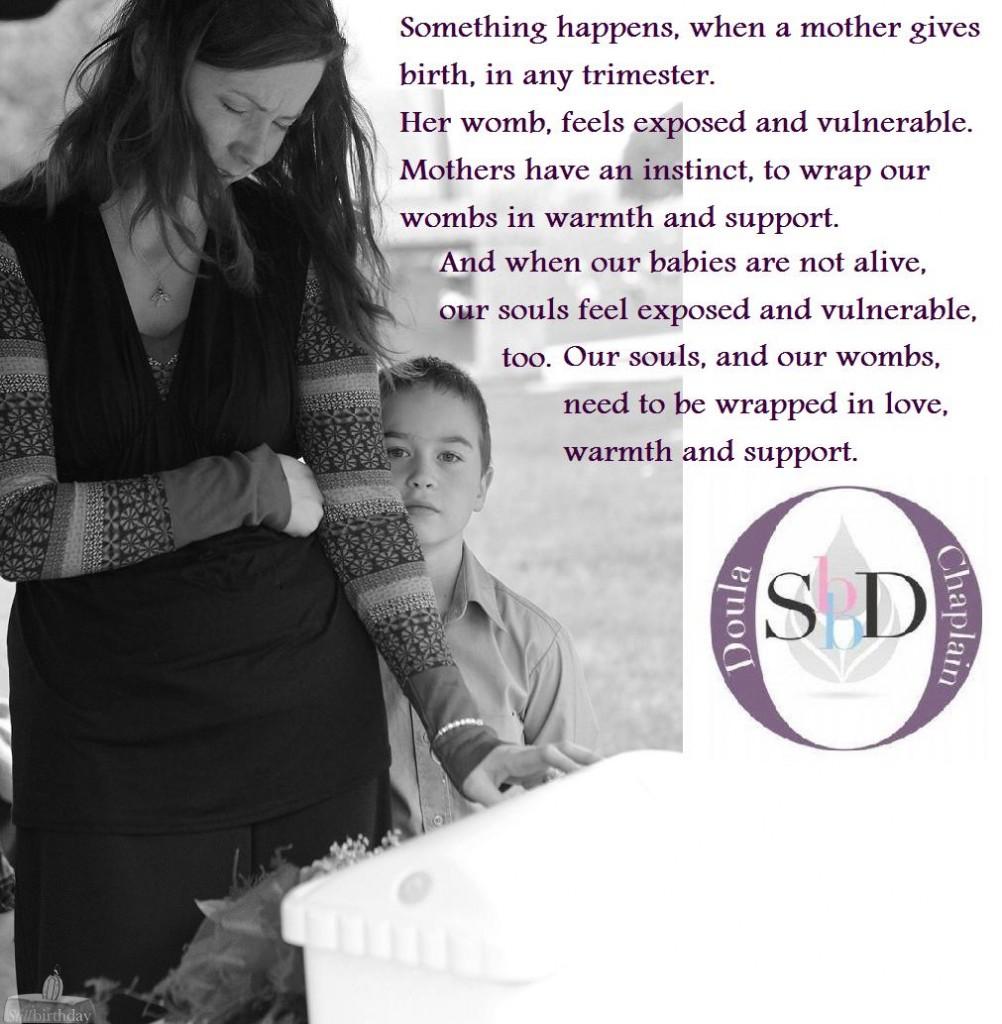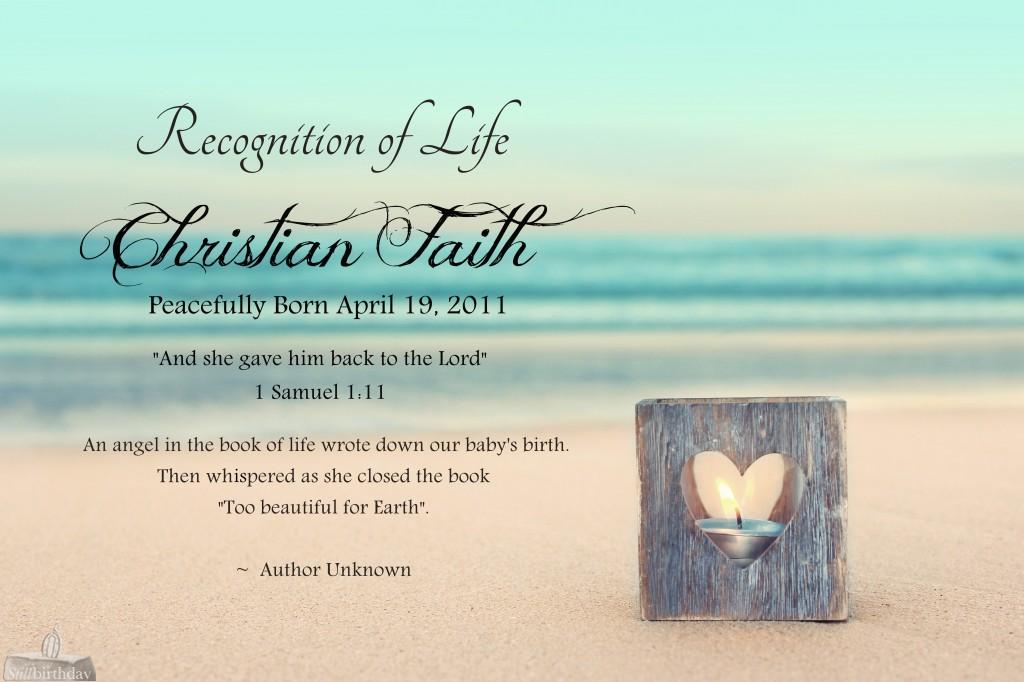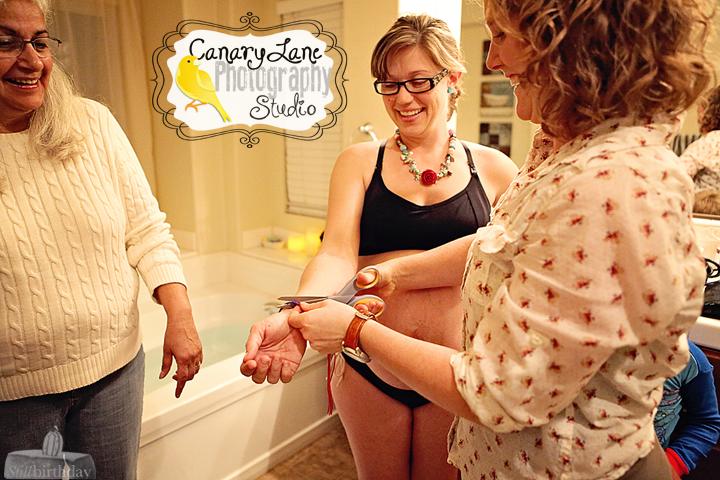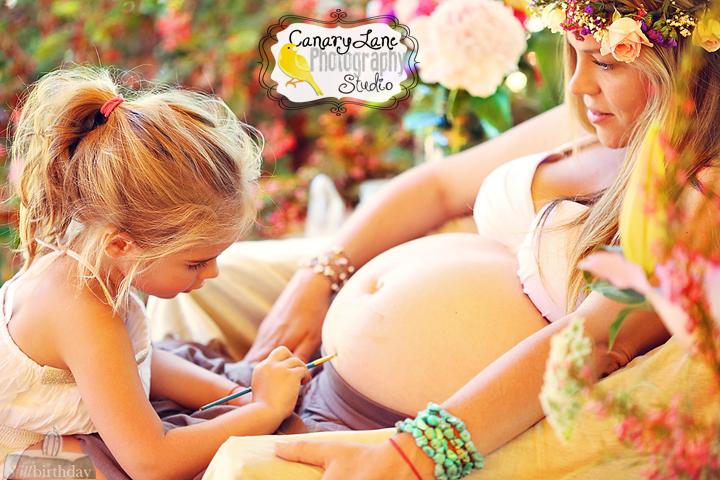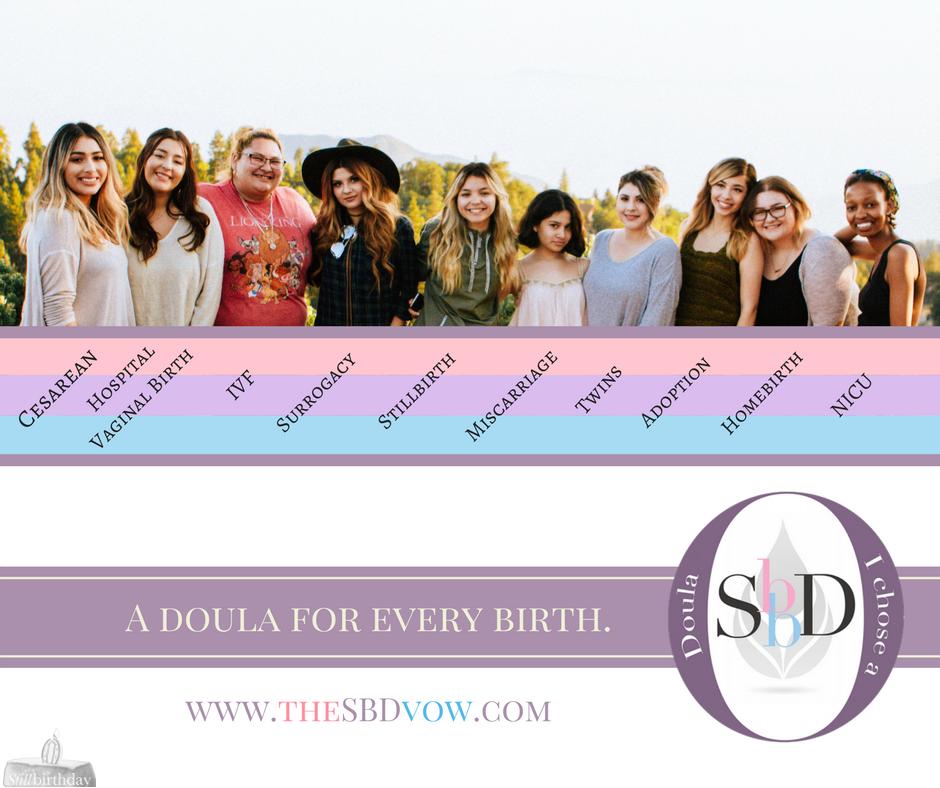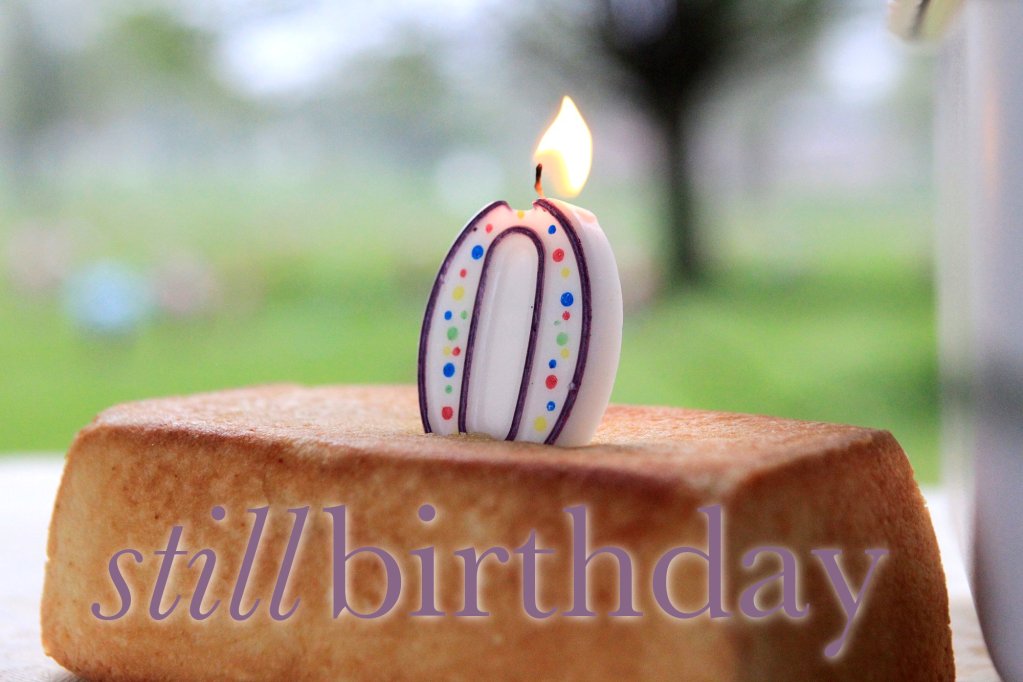(go back to birth plans)
It is important to know what to expect during your labor and delivery, but if you know and are preparing for your stillbirth delivery of your baby, attending a public or group birthing class can seem very overwhelming, leaving you to sort through a mix of very difficult, and very valid, feelings.
For this reason, I have added some customized content here, so that you can learn about what to expect from your body, and from your care providers, during the course of your labor and delivery.
Please contact a stillbirthday birth & bereavement doula, who can support you prior to, during, and/or after the birth of your miscarried or stillborn baby.
Birth Planning start page
During Birth information – including specialized welcoming & bonding options (bathing your baby and more)
Emotional Support verses and quotes
Medical options and information, pesonalized options for your birth such as special items and helpful techniques such as birthing positions and breathing, and information about your labor including dilation/effacement, stages of labor and what to expect during labor can all be explained to you by your Stillbirthday Bereavement Doula.
These documents are for your labor and delivery only. Reproduction or redistribution of these materials without the site creator’s written consent is a direct violation of this copyright agreement.

